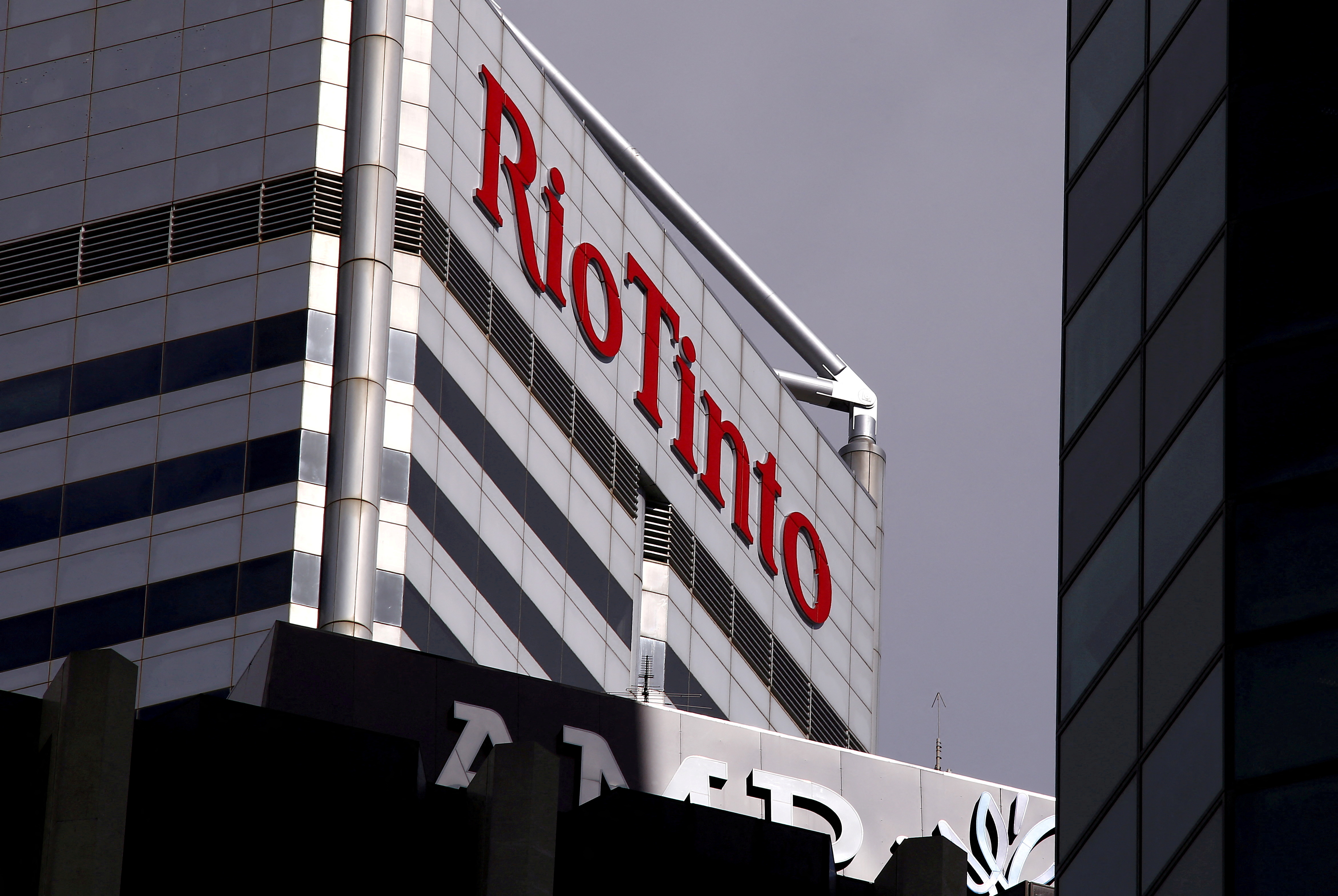Rio Tinto became the first major mining company to cut ties with Russian businesses and Japan’s Sony and Nintendo suspended deliveries of their gaming consoles, joining a global corporate exodus from Russia over its invasion of Ukraine.
Japanese construction machinery supplier Hitachi 6501.T said it would stop exports and cease most operations in Russia except for vital electrical power facilities, following similar exits by American industrial companies Caterpillar CAT.N, 3M Co MMM.N, Deere DE.N and Honeywell HON.O.
“We took multiple factors including the supply chain situation into account,” a spokesperson for Hitachi said, echoing a statement from Caterpillar.
The Nikkei newspaper reported Hitachi had suspended operations in Russia following a request from the Ukrainian government to do so.
Sony 6758.T, whose movie studio had already stopped releases in Russia, suspended the launch of racing game “Gran Turismo 7”. Rival Nintendo 7974.T said it delayed the global release of “Advance Wars 1+2: Re-Boot Camp”, a turn-based strategy game with a military theme.
Food companies Nestle NESN.S, Mondelez MDLZ.O, Procter & Gamble PG.N and Unilever ULVR.L halted investment in Russia, but said they would continue providing essentials.
Coke KO.N and McDonald’s MCD.N have halted sales in Russia, KFC owner Yum Brands YUM.N has paused investments, and hoteliers Hilton HLT.N and Hyatt H.N said they would suspend development.
Japan’s Shiseido 4911.T suspended exports of its cosmetics to Russia from Europe as well as advertising and promotions.
While some companies such as Ford F.N and Apple AAPL.O have condemned Russia’s invasion of Ukraine, others including Japanese automaker Toyota 7203.T have taken a more neutral stance, blaming a halt in production in Russia on logistical hurdles.
Sweeping Western sanctions have isolated Russia even as shippers have suspended routes, and European Union leaders plan to phase out buying Russian energy in a bid to be less dependent on Russia after it invaded Ukraine.
The war, which entered its third week on Thursday, has killed thousands of people and rendered more than two million refugees.
It has decimated the rouble, roiled stock markets and prices of oil and other commodities have skyrocketed, adding to global inflation that was surging even before the conflict began.
PAY IN ROUBLES
Russia plans to order local airlines to pay for leased aircraft in roubles and bar them from returning planes to foreign companies if the latter cancel the lease, according to a draft law published on Thursday.
Moscow, which calls the war a “special military operation,” has warned it might nationalise idled foreign assets in retaliation against Western sanctions.
Rio Tinto RIO.L, RIO.AX, which owns an 80% stake in a joint venture with Russian aluminium producer Rusal RUAL.MM, said it was “in the process of terminating all commercial relationships it has with any Russian business.”
Earlier, a top executive from the Anglo-Australian firm said the company was looking for alternative fuel sources for its Mongolian copper operations at Oyu Tolgoi, but did not believe it could stop buying from Russia altogether.
It was not immediately clear if Rio would continue to buy Russian fuel through non-Russian third parties.
Rio rival BHP BHP.AX, which had said earlier this week that the war was having a “dramatic impact” on its business in terms of commodity prices, did not immediately comment on Thursday on whether it had any business links with Russian firms and would consider terminating them.
Italian energy group Eni ENI.MI suspended the purchase of oil from Russia and said it was watching developments closely with regards to gas procurement.
Eni, which had already frozen joint ventures with Russian oil group Rosneft ROSN.MM following sanctions imposed in 2014, also has long-term take-or-pay gas contracts with Gazprom GAZP.MM.
On Tuesday, the United States banned Russian oil imports.
Western sanctions have also targeted banks and billionaires, with the European Commission preparing new sanctions against additional Russian oligarchs and politicians, and three Belarusian banks, Reuters reported.
Citigroup C.N said it is operating its Russian consumer business on a more limited basis while sticking with its plans to divest the franchise.
Banks are likely to find it harder than many other companies to extricate themselves from Russia, experts predict, because it is hard to walk away from lending commitments and other types of financial claims.







Click here to change your cookie preferences